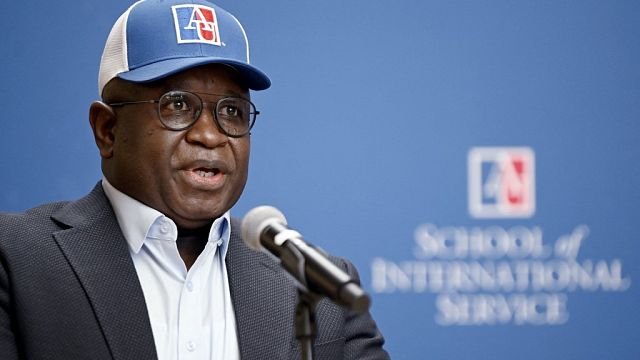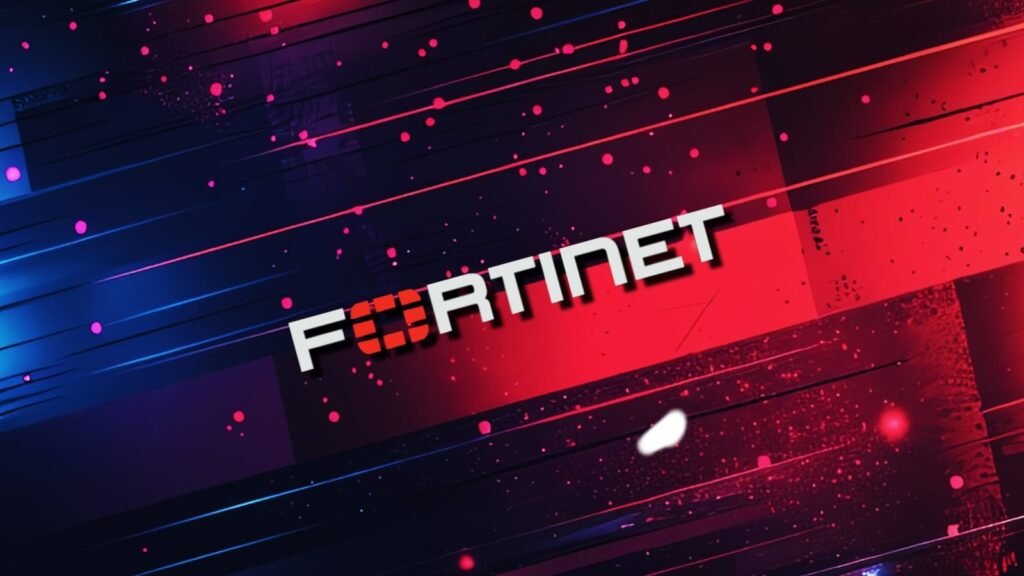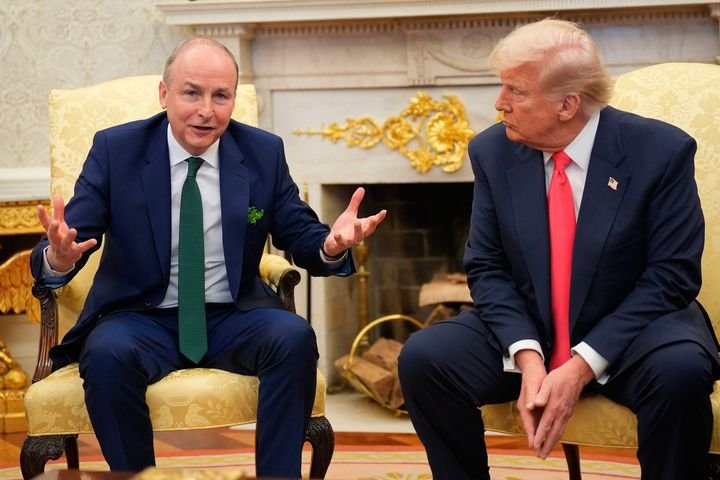Sierra Leone: President declares calm after day of clashes

Sierra Leone
Sierra Leone’s President Julius Maada Bio announced on Sunday evening that calm has been restored after a day of armed clashes in Freetown, which he portrayed as an attempt to destabilize the state. Most of the perpetrators, according to him, have been arrested.
“Calm has been restored” after what he described as an “attempt to undermine the peace and stability that we are working so hard for,” said Mr. Bio on state television. The day saw unknown assailants attempting to force their way into a military arsenal in Freetown, confronting security forces in various parts of the capital, and freeing numerous prisoners from jail.
Authorities have imposed a nationwide curfew until further notice. “Most of the leaders have been arrested,” and they will be held accountable, said Mr. Bio in a brief statement, without providing further details. Information Minister Chernor Bah had earlier stated that “the security situation in Freetown was firmly under government control.” A tenuous calm returned to the city. However, checkpoints guarded by significant security forces were maintained.
No official human toll from the violence has been disclosed. Videos posted on social media show some men in uniforms seemingly under arrest at the rear or near a military pickup. Social media, with accompanying photos, cited a former member of the close protection of former President Ernest Bai Koroma (2007-2018) as one of the participants killed by security forces.
Civil aviation instructed airlines to reschedule flights after the lifting of the curfew, assuring that the airspace remained open. The events revived the specter of a new coup attempt in West Africa, which has seen such attempts in Mali, Burkina Faso, Niger, and neighboring Guinea since 2020.
The Economic Community of West African States (ECOWAS) spoke in a statement of an attempt to seize weapons from the arsenal but also to “disturb peace and constitutional order,” language commonly used for political coups. The local representation of the European Union expressed concern and called for “respect for constitutional order.”
Sierra Leone, an Anglophone country, experienced a political crisis following disputed presidential and general elections in June 2023. One of the world’s poorest countries, it also faces significant economic challenges. Freetown woke up to the sound of gunfire before dawn.
“I was awakened around 4:30 AM (local and GMT) by a loud noise of machine guns and bombs coming from the Wilberforce barracks,” said Susan Kargbo, a witness reached by phone. “I was shocked, in panic… It was like in wartime. I couldn’t go to church because of the curfew,” she said.
The government stated that individuals had attempted to assault the arsenal of the Wilberforce barracks, one of the country’s main barracks, but had been repelled. A curfew was imposed nationwide, leaving the streets of Freetown almost deserted, as shown by aerial videos shot by AFP.
-“Zero Tolerance”-
The attackers attacked and forced the doors of the central prison and various penitentiary establishments, allowing groups of men and women to escape, some with meager belongings in hand. The government denied one of the many rumors circulating in the tense city, namely an attempt to take over the national television, a classic move in coups.
State television broadcast a government message assuring that the situation was under control, followed by the president’s address. “We strongly condemn the attempt to forcibly seize the Wilberforce barracks and arsenal overnight,” said the US embassy in a message on social media.
ECOWAS expressed support for the incumbent government and called for the arrest of those responsible for the events. “ECOWAS reiterates its principle of zero tolerance for unconstitutional changes of government,” it said. Julius Maada, elected for the first time in 2018, was re-elected in June with 56.17% of the votes, according to results published by the electoral commission but contested by the opposition.”
Sierra Leone’s President Julius Maada Bio announced on Sunday evening that calm has been restored after a day of armed clashes in Freetown, which he portrayed as an attempt to destabilize the state. Most of the perpetrators, according to him, have been arrested.
“Calm has been restored” after what he described as an “attempt to undermine the peace and stability that we are working so hard for,” said Mr. Bio on state television. The day saw unknown assailants attempting to force their way into a military arsenal in Freetown, confronting security forces in various parts of the capital, and freeing numerous prisoners from jail.
Authorities have imposed a nationwide curfew until further notice. “Most of the leaders have been arrested,” and they will be held accountable, said Mr. Bio in a brief statement, without providing further details. Information Minister Chernor Bah had earlier stated that “the security situation in Freetown was firmly under government control.” A tenuous calm returned to the city. However, checkpoints guarded by significant security forces were maintained.
No official human toll from the violence has been disclosed. Videos posted on social media show some men in uniforms seemingly under arrest at the rear or near a military pickup. Social media, with accompanying photos, cited a former member of the close protection of former President Ernest Bai Koroma (2007-2018) as one of the participants killed by security forces.
Civil aviation instructed airlines to reschedule flights after the lifting of the curfew, assuring that the airspace remained open. The events revived the specter of a new coup attempt in West Africa, which has seen such attempts in Mali, Burkina Faso, Niger, and neighboring Guinea since 2020.
The Economic Community of West African States (ECOWAS) spoke in a statement of an attempt to seize weapons from the arsenal but also to “disturb peace and constitutional order
Be the first to write a comment.



